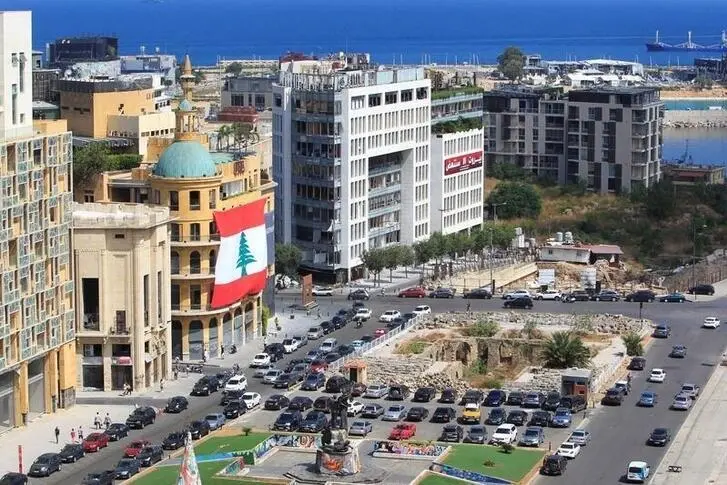PHOTO
New orders and export sales in Lebanon's private sector both fell at slower rates in January, alleviating some of the pressures on the demand-side, a new survey has shown.
The Blom Lebanon Purchasing Managers’ Index (PMI) reading posted 47.7 in January, up from 47.3 in December. Although the index remained in sub-50.0 contraction territory in January, it rose for the first time since October 2022, pointing to a softer decline in operating conditions faced by private sector businesses.
A PMI reading above the neutral level of 50 indicates growth while lower numbers indicate contraction.
“The index rise is mainly driven by unexpected upticks in output and new orders. In fact, a severe depreciation in the domestic currency against the US dollar drove private sector businesses to raise their prices in January,” said Stephanie Aoun, research analyst at Blominvest Bank.
Furthermore, starting February 1, Lebanon's central bank will likely adopt an exchange rate of 15,000 Lebanese pounds per USD as part of a process to unify the country's multiple exchange-rate system, which could further increase liquidity and prices, said Aoun.
However, businesses remained pessimistic towards the growth outlook. Challenging domestic conditions, linked to political and economic uncertainty, were expected to persist and weigh on output.
Lebanon is the grip of what the Word Bank called the worst economic crisis of the past 150 years. The meltdown which began in 2019, has caused hyperinflation to hit 170% in 2022 compared with the same month a year earlier. Lebanon’s currency, once valued at 1,500 to the dollar, has since lost over 90% of its value since 2019.
(Writing by Brinda Darasha; editing by Daniel Luiz)





















